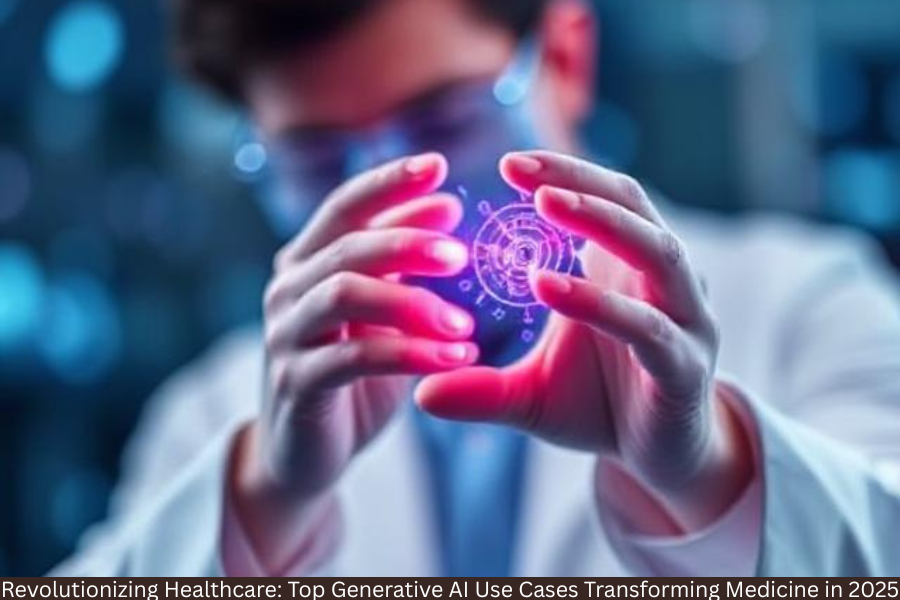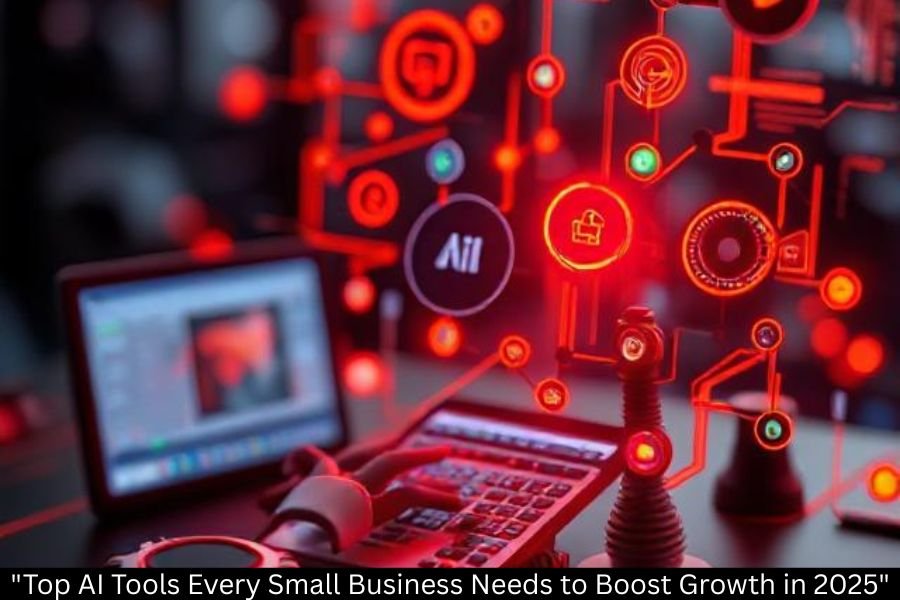Introduction to Generative AI in Healthcare
Generative AI isn’t only a buzzword—it’s a actual game-changer inside the clinical field. From predicting disorder dangers to growing synthetic medical information for research, it’s assisting healthcare professionals paintings smarter, faster, and with more precision.
What is Generative AI?
Generative AI refers to algorithms which can create new content, predictions, or solutions based on the patterns they’ve learned from facts. Think of it as a really proficient medical intern—person who by no means sleeps, learns from thousands and thousands of instances, and can write reports in seconds.
Why is Healthcare a Perfect Fit for Generative AI?
Healthcare is facts-wealthy but time-terrible. Doctors deal with mountains of patient statistics, research findings, and diagnostic snap shots. Generative AI thrives in such environments, processing big datasets to generate insights, assist in selection-making, and even simulate remedy scenarios.
Different Use Cases of Generative AI in Healthcare
Medical Imaging and Diagnostics
Enhanced MRI and CT Scans
Generative AI can enhance the readability of scans, reconstruct photographs from incomplete statistics, and highlight capability anomalies that might otherwise be ignored.
Early Disease Detection
AI fashions can detect diffused patterns in X-rays or pathology slides, allowing medical doctors to catch diseases like most cancers at their earliest levels.
Drug Discovery and Development
AI-Powered Molecule Design
Pharmaceutical companies are the use of generative AI to layout new drug molecules faster than traditional research methods.
Predicting Drug Efficacy and Side Effects
AI can simulate how pills would possibly engage with the human frame, predicting effectiveness and viable destructive reactions.
Personalized Medicine
Tailored Treatment Plans
Instead of 1-length-suits-all prescriptions, AI can examine affected person histories, genetics, and lifestyle elements to recommend the nice remedy course.
AI-Driven Genetic Analysis
Generative AI can interpret genetic information to evaluate hazard elements and endorse preventive measures.
Clinical Documentation and Automation
Automating Patient Records
AI can transcribe medical doctor-affected person conversations, fill out forms, and update digital health data in real time.
Generating Medical Reports
Complex radiology or pathology findings can be converted into clean, patient-friendly reports.
Virtual Health Assistants
AI Chatbots for Patient Interaction
These assistants can solution questions, agenda appointments, and provide fitness recommendation based on established scientific pointers.
Real-Time Health Monitoring
Connected gadgets and AI can reveal affected person vitals and alert healthcare providers when some thing’s incorrect.
Medical Research Assistance
Summarizing Research Papers
Generative AI can digest lots of pages of research and convey concise summaries for busy medical doctors.
Creating Hypotheses for Studies
AI can spot developments in facts and propose new research directions.
Main Use of AI in Healthcare
The biggest use of AI—generative or in any other case—is improving efficiency and accuracy. By automating repetitive duties and improving diagnostic talents, AI frees up medical doctors to cognizance on patient care. It additionally reduces healthcare charges with the aid of minimizing useless tests and mistakes.
Generative AI in Medicine
AI-Supported Surgical Planning
AI can create three-D models of a patient’s anatomy to assist surgeons plan complex processes.
Training Medical Students with AI Simulations
Generative AI-powered simulations permit students to exercise diagnosing and treating virtual sufferers.
Roles of Generative AI in Healthcare
Supporting Doctors
AI acts as a “second pair of eyes,” supplying hints or confirming diagnoses.
Enhancing Patient Experience
From customized health pointers to short responses, AI makes healthcare extra patient-pleasant.
Future of AI in Healthcare through 2025
Fully Integrated AI Diagnostics
By 2025, AI is anticipated to be a widespread a part of diagnostic workflows.
AI in Rural and Remote Healthcare
AI-powered telemedicine will make advanced healthcare available even in remote regions.
Generative AI vs Traditional AI in Healthcare
Data-Driven Predictions vs Content Generation
Traditional AI specializes in predictions, while generative AI creates new answers, content, or simulations.
Flexibility in Use Cases
Generative AI can adapt to greater numerous healthcare responsibilities, from research to patient schooling.
Primary Application of Generative AI in Healthcare
The middle energy of generative AI lies in interpreting complex records and turning it into actionable information—whether or not for diagnostics, remedy making plans, or medical studies.
Challenges and Ethical Considerations
Data Privacy
Medical facts is touchy. Ensuring stable garage and processing is important.
Accuracy and Bias in AI Models
AI should study on diverse datasets to avoid biased or erroneous outcomes.
Conclusion
Generative AI is reshaping healthcare by means of making diagnostics quicker, treatments extra personalized, and studies greater green. While there are challenges to address, its potential to save lives and improve healthcare excellent is plain. The next few years will possibly see AI turning into a good greater quintessential a part of the scientific field.
FAQs
What are the specific use cases of generative AI?
Generative AI is utilized in imaging, diagnostics, drug discovery, customized remedy, clinical documentation, and medical studies.
What is the primary use of AI in healthcare?
Its primary role is to improve accuracy, efficiency, and value-effectiveness in patient care.
How can generative AI be utilized in medication?
It can help design drugs, generate reports, plan surgical procedures, and simulate scientific education situations.
In what roles is generative AI impacting healthcare?
It helps docs, complements affected person interaction, aids research, and automates administrative tasks.
What is the difference among generative AI and AI in healthcare?
Traditional AI predicts results, at the same time as generative AI creates new information, content material, or solutions.

